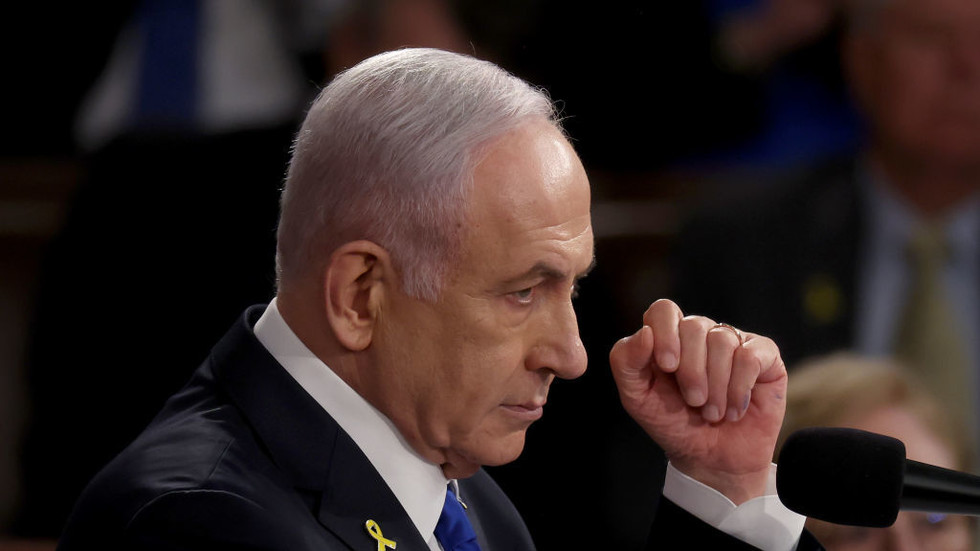Israel currently finds itself in a seeming advantageous position as it works to reshape the geopolitics of the Middle East. However, an exploration of historical patterns indicates that the combination of cognitive biases and fallacies can impede its efforts, potentially leading the nation to miscalculate its strategies. Drawing from insights provided by ancient historians like Thucydides, it becomes evident that powerful nations, despite their material advantages, often fall prey to their own wishful thinking and emotional judgments. The nuances of decision-making in times of conflict can distort reality, leading to poor choices that can cloud a nation’s perception of its adversaries and their own capabilities. The situation is exacerbated by the perception of the United States and its allies offering Israel a protective shield that ultimately fosters a culture of impunity, allowing for an increasingly aggressive stance against perceived threats.
Cognitive biases, described as mental shortcuts in the decision-making process, coupled with logical fallacies, can profoundly influence Israel’s responses to threats. For instance, the recent attacks by Hamas have been framed by Israeli leadership as an existential threat, leading to dramatic decisions regarding military escalation. Prime Minister Netanyahu’s rhetoric, aimed at reinforcing a collective sense of urgency and fear, reflects a threat bias that can drive a country to allocate excessive resources to combat an overstated concern. This narrative, which feeds into a broader psychological framework of biases, leads to strategic miscalculations that could alienate allies and stifle opportunities for constructive conversation or negotiation with counterparties.
The approach taken by Israeli leadership, particularly in Netanyahu’s powerful speeches, epitomizes several cognitive distortions. For example, vividness bias and emotional appeals become tools to manipulate public perception and sway decision-makers by amplifying specific incidents for emotional resonance. Statements that evoke historic atrocities, such as comparisons to the Holocaust, serve to increase support for extreme responses, while simultaneously demonizing adversaries as “murderous monsters.” Such rhetoric risks minimizing the humanitarian considerations necessary for dialogue and peacemaking while amplifying an aggressive military response. The collective dehumanization of adversaries, framed through emotionally charged language, can exacerbate conflict, diminish opportunities for peace, and lead to broader violence.
Furthermore, faulty analogies drawn from Israel’s historical narratives not only misrepresent the complex realities on the ground but also inflame tensions by perpetuating divisive comparisons. Netanyahu’s evocation of Biblical narratives and wartime analogies seeks to unify public sentiment around shared ideals but ultimately oversimplifies complex situations, hasting into a black-and-white worldview where nuanced understanding is lost. This mentality encourages an escalation of conflict as leaders double down on their narratives, further entrenching divisions rather than fostering compromise, which is imperative in any long-term resolution.
In addition to biases regarding perception, commitments made by leaders during times of conflict often face the gambler’s dilemma—a struggle between maintaining the current course and recognizing when to withdraw. Netanyahu’s speeches reflect this escalation bias where all actions taken are framed as necessary in the interest of a larger mission, effectively obfuscating any consideration for scaling back. The desires for closure and a definitive victory manifest in heightened military engagement, reinforcing the urgency for action, which risks sunk costs overshadowing rational assessments of evolving dynamics. These biases complicate a leader’s judgment, entrenching their position and reducing flexibility—a prospect that can be dangerously counterproductive.
Lastly, overconfidence bias and the fallacy of a last move trap leaders into believing in their eventual and unquestioned success. Netanyahu’s assertions of Israel’s invulnerability, combined with rhetoric that suggests a singular, decisive resolution will emerge, contribute to a misguided sense of certainty that neglects the adaptive strategies of adversaries. The historical and ongoing complexities of geopolitical dynamics undercut the simplistic notion that military victories can foster lasting peace. Moreover, should Israel’s militaristic approach fail to deliver the anticipated outcomes, the resultant cycle of retaliation may lead to heightened, unintended consequences, further entrenching conflict rather than alleviating it.
In conclusion, the intersection of cognitive biases and decision-making fallacies has the potential to dramatically alter the landscape of the Middle East conflict. As Israel engages in its rigorous attempts to sustain its security and assert its dominance, the reliance on emotional appeals, vivid narratives, and flawed comparisons can inadvertently precipitate a broader failure rather than the desired success. Accepting the necessity of critical thinking, emotional intelligence, and a readiness for compromise may serve as crucial avenues toward achieving a long-lasting peace that benefits all parties, rather than perpetuating the cycles of hostility that have so characterized the region’s past and present. To navigate these complex dynamics, leadership must transcend simplistic narratives and confront the intricate realities of regional relationships, with an eye toward delivering a more sustainable path forward.

